Michigan - Comprehensive Michigan Guide

Welcome! I'm here to help you explore and learn all about Michigan.
Unlock Michigan's Secrets with AI
Tell me about the history of Detroit.
What are some must-visit attractions in Michigan?
Can you provide a cultural overview of the Upper Peninsula?
What are the best outdoor activities to do in Michigan?
Get Embed Code
Introduction to Michigan GPT
Michigan GPT is designed as a specialized knowledge and information source on the state of Michigan, tailored to offer in-depth insights into its history, geography, culture, notable cities, attractions, and local nuances. This GPT version aims to provide a comprehensive understanding of Michigan, highlighting its unique aspects through detailed descriptions, trivia, and recommendations. Unlike generic AI models, Michigan GPT is focused on delivering region-specific information, ensuring users receive relevant, accurate, and engaging content about Michigan. Examples of its utility include offering historical context on Michigan's development, insights into local festivals, tips for travelers exploring the state, and overviews of Michigan's economic landscape. Scenarios where Michigan GPT excels include aiding students in research projects about the state, assisting tourists in planning their visit, and supporting local businesses with contextual information for marketing. Powered by ChatGPT-4o。

Main Functions of Michigan GPT
Historical Insights
Example
Providing detailed accounts of Michigan's role in the automotive industry's evolution.
Scenario
A user researching the history of the automobile industry in the United States seeks specific information on Michigan's contribution to automotive technology and manufacturing.
Travel Recommendations
Example
Curating a list of must-visit places in Michigan, including hidden gems and popular attractions.
Scenario
A traveler planning a trip to Michigan requests advice on unique destinations, such as the best spots for viewing the Northern Lights in the Upper Peninsula or exploring the state's rich maritime history.
Cultural Insights
Example
Exploring the significance of the Great Lakes to Michigan's cultural identity.
Scenario
A student working on a project about the cultural impact of geographical features in the United States seeks to understand how the Great Lakes shape Michigan's culture and lifestyle.
Economic Overview
Example
Analyzing Michigan's current economic landscape, focusing on industries such as automotive, agriculture, and technology.
Scenario
An investor considering opportunities in Michigan desires an overview of the state's economic sectors, growth trends, and investment potential.
Ideal Users of Michigan Services
Students and Researchers
Individuals engaged in academic or personal research projects about Michigan, its history, or specific aspects like economic development, cultural practices, or environmental conservation. They benefit from Michigan GPT's detailed information and contextual insights, enhancing their research quality.
Travelers and Tourists
People planning to visit Michigan, seeking authentic travel experiences, advice on itinerary planning, and tips on local customs, festivals, and attractions. They benefit from tailored travel recommendations and insights into Michigan's diverse landscapes and cultural offerings.
Local Businesses and Marketers
Businesses operating within Michigan or marketers targeting the Michigan market who require in-depth understanding of the local consumer behavior, regional trends, and cultural nuances to tailor their strategies effectively. They gain from Michigan GPT's regional expertise to enhance their marketing efforts or business plans.

How to Utilize Michigan Effectively
Start with a Trial
Begin by accessing yeschat.ai for a complimentary trial, allowing exploration without a login or the necessity for ChatGPT Plus.
Identify Your Needs
Clarify your information requirements or objectives concerning Michigan, such as historical facts, travel advice, or cultural insights.
Ask Specific Questions
Pose detailed, specific questions to Michigan to obtain rich, comprehensive answers. The more precise your query, the more targeted the response.
Explore Diverse Topics
Utilize Michigan for a broad spectrum of inquiries, from academic research to local events, ensuring a varied exploration of the state.
Leverage for Learning
Use Michigan as an educational tool for both formal and informal learning about the state's geography, history, and culture, enhancing your knowledge and appreciation.
Try other advanced and practical GPTs
Carpet Cleaning
Empowering Your Clean with AI

Brain Teaser
Stimulate your mind, solve the puzzles!
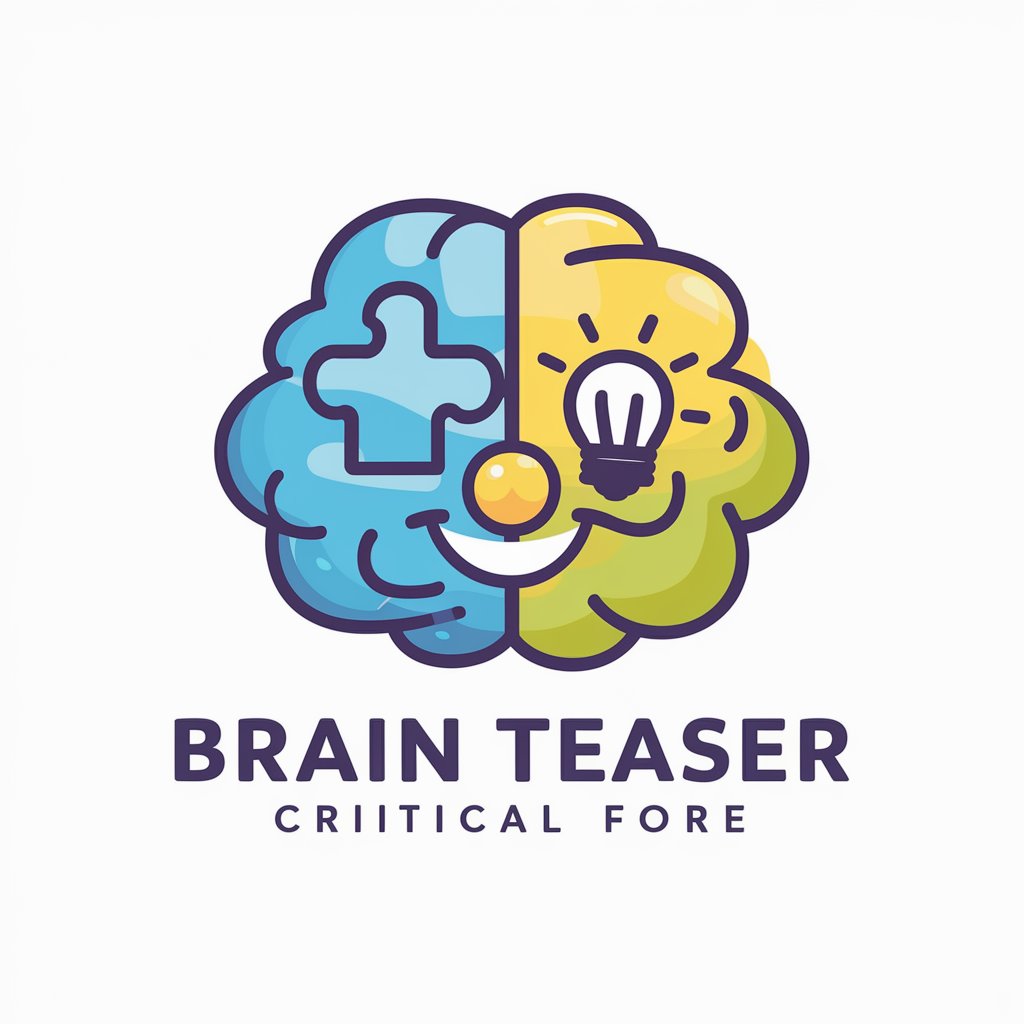
Atomic Habit Creator
Crafting Better Habits with AI
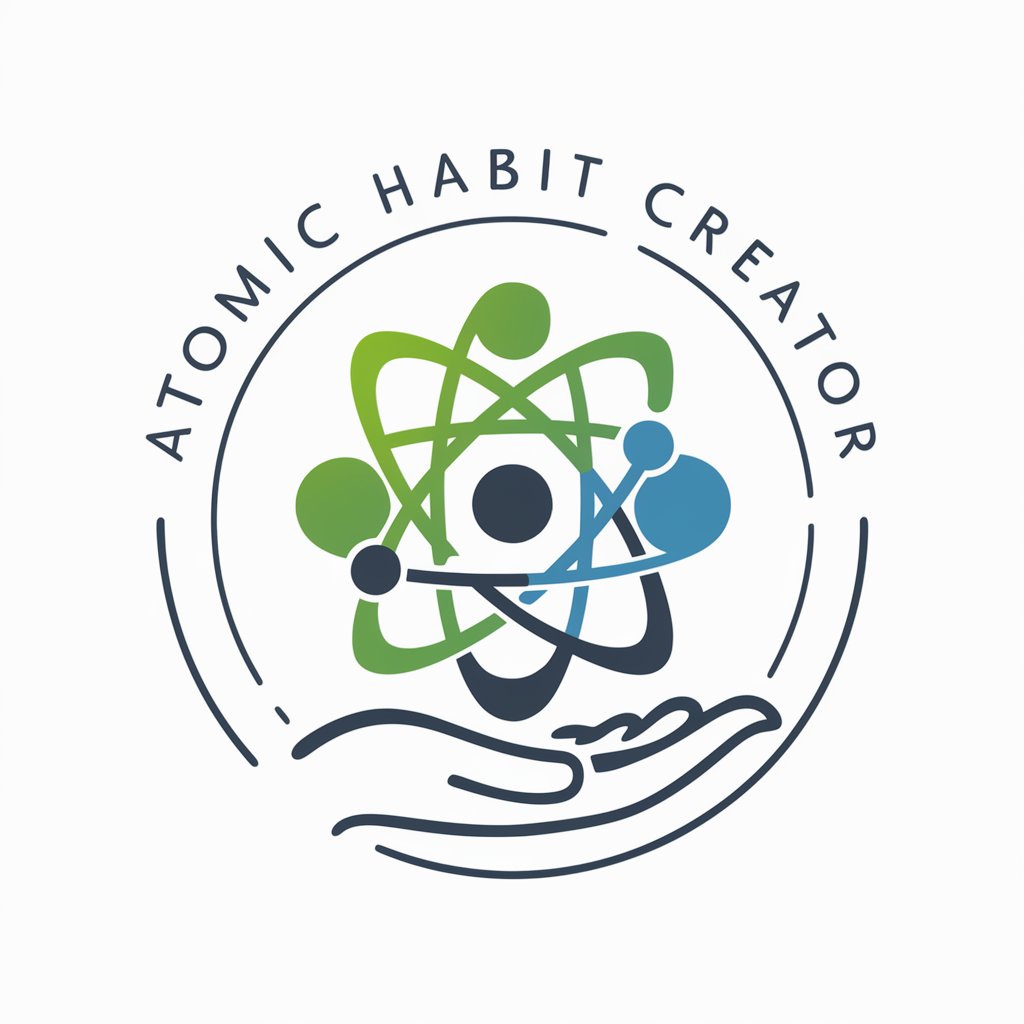
Fuel Cell Catalyst Expert (English Output)
Empowering catalyst research with AI-driven insights.

niche analyzer
Unlock Your Niche: AI-Powered Insights

"പ്രോംപ്റ്റ് എഞ്ചിനീയർ"
AI-Powered Prompt Refinement
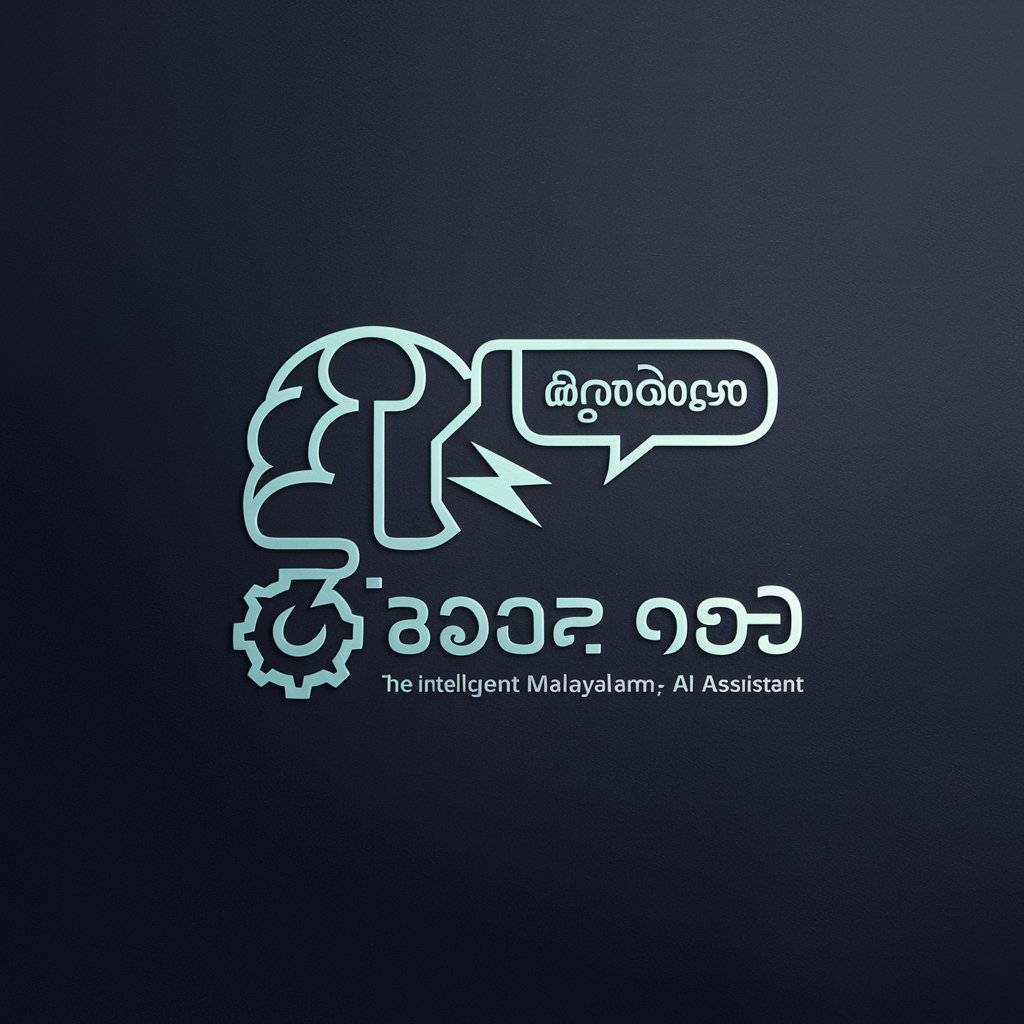
Utopia dpa Schreibweisen-Assistent
Adapting language with AI-powered precision.

ReviewBot
AI-Powered Academic Insights
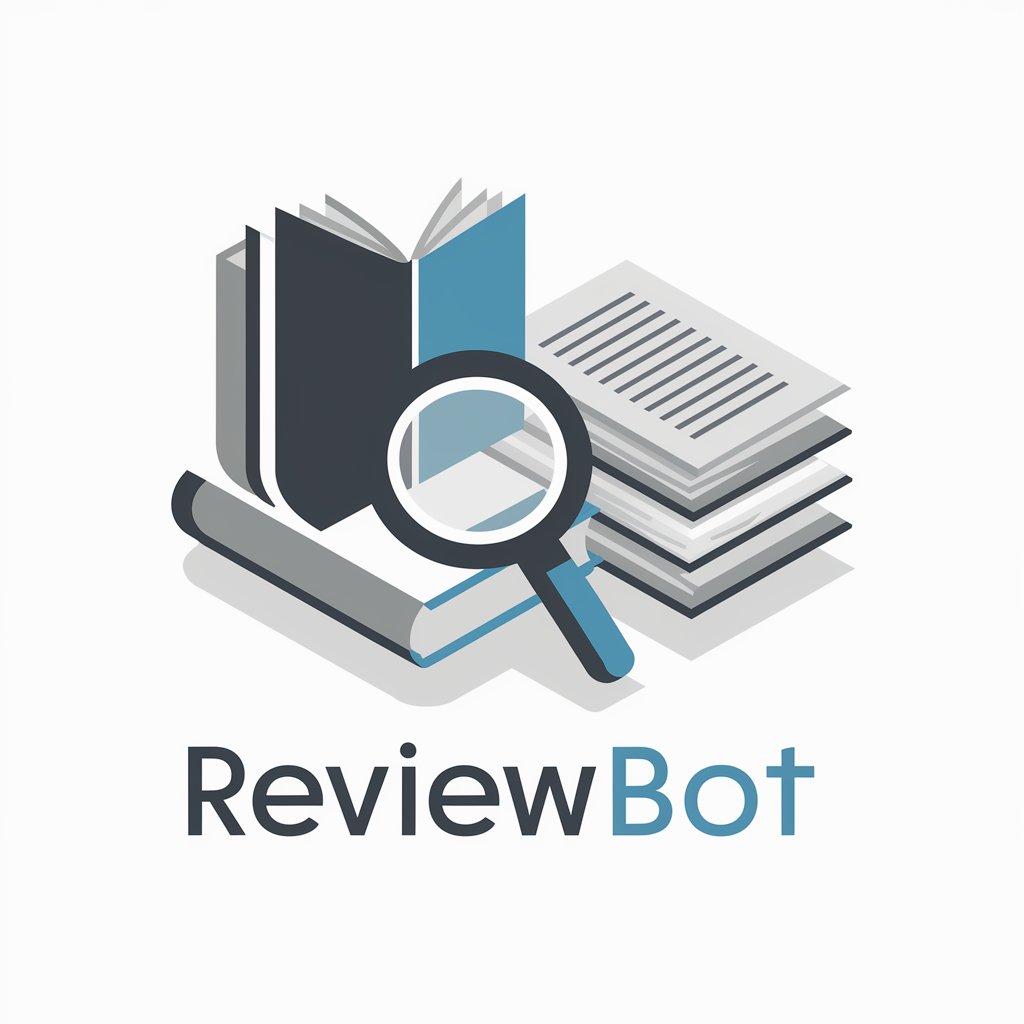
Data Sky Monitor
Elevate Entertainment with AI Insights

Tonis & Annas Saturday Night Bestie
Crafting Your Perfect Saturday Night, Powered by AI

MAI Law Expert
Empowering legal decisions with AI
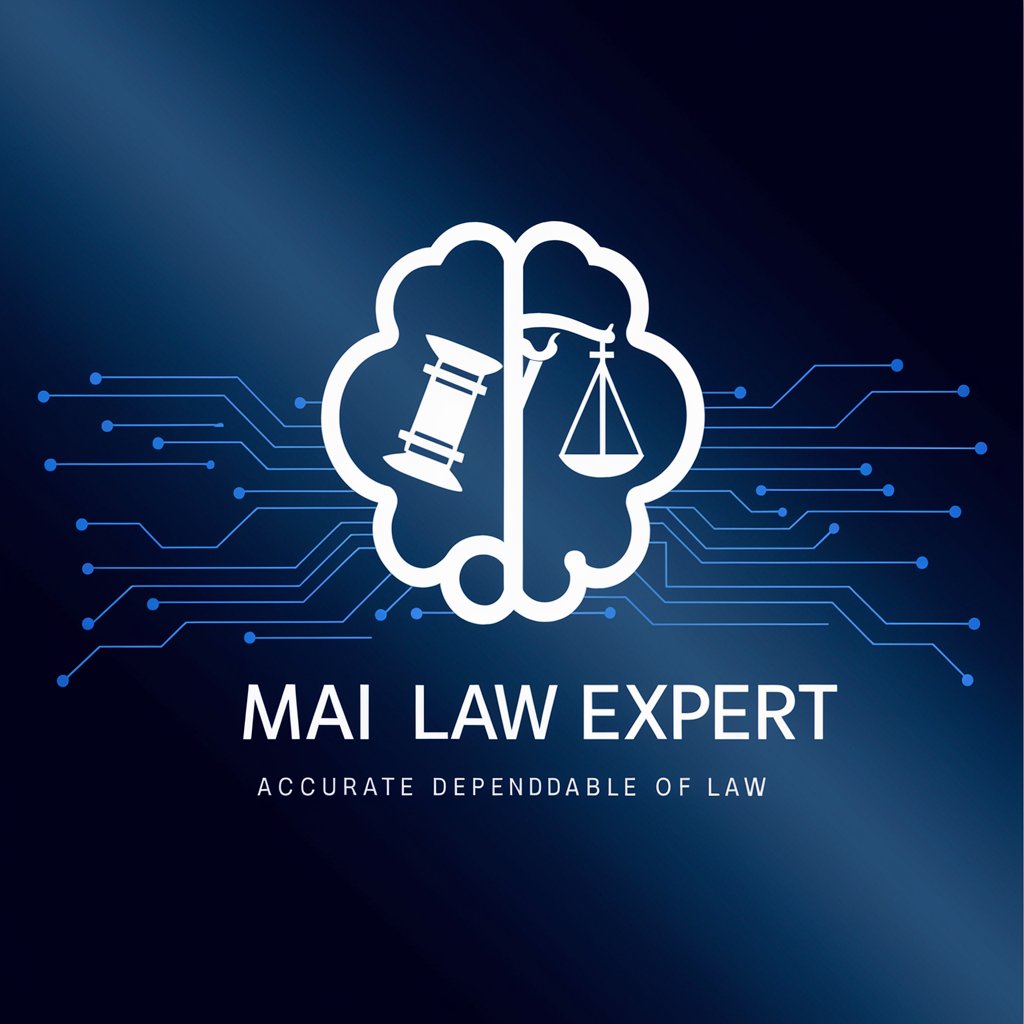
BOMBA GPT
Empowering SEO with AI
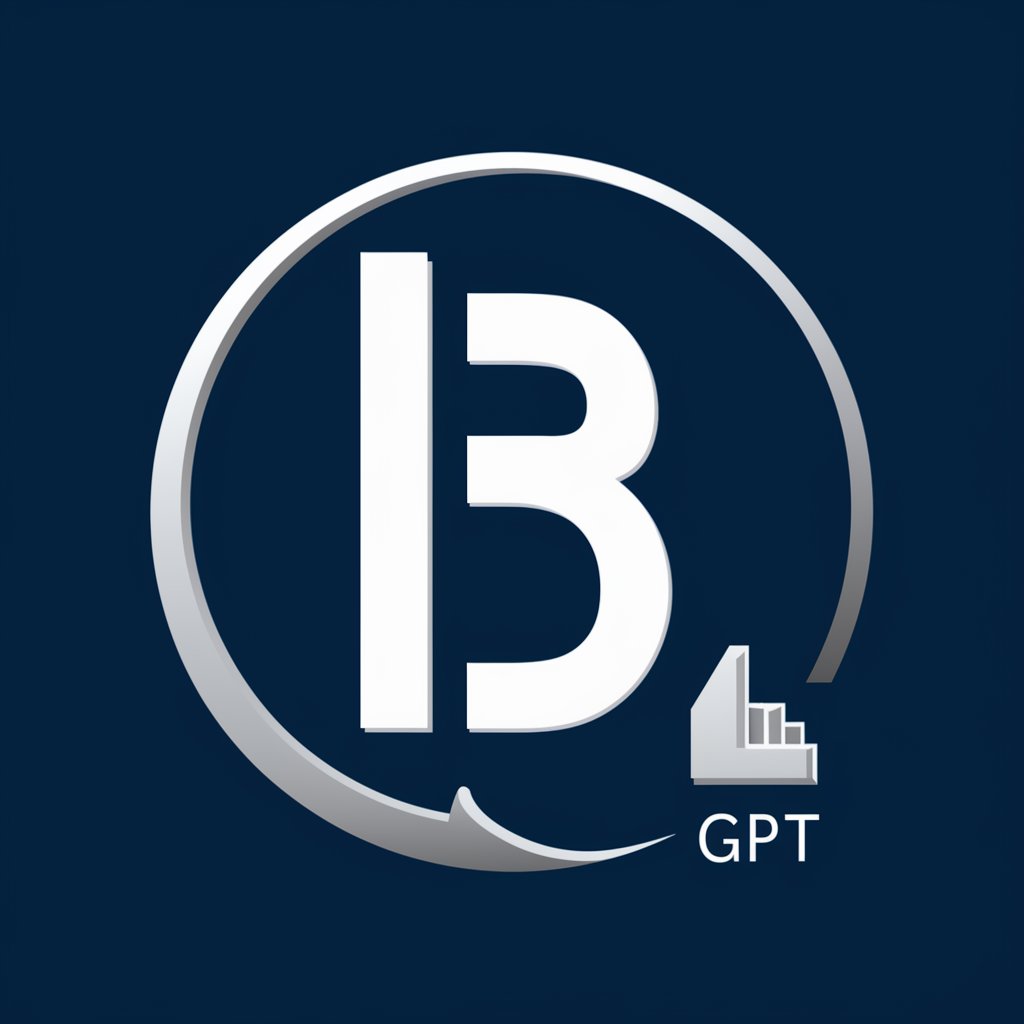
Detailed Q&A About Michigan
What are the most notable historical events in Michigan?
Michigan's history is marked by significant events such as the establishment of Detroit in 1701, its pivotal role in the fur trade, the War of 1812's Battle of Lake Erie, its admission as the 26th state in 1837, and the rise of the automotive industry in the early 20th century, positioning it as a critical player in America's industrial growth.
How can Michigan assist with academic research?
Michigan can provide detailed historical data, cultural insights, and statistical information relevant to your academic subjects. Whether you're researching the Great Lakes, automotive history, or local environmental policies, Michigan offers a wealth of information to support your studies.
What unique cultural aspects define Michigan?
Michigan's culture is distinguished by its automotive heritage, Great Lakes maritime traditions, diverse ethnic communities, and a rich music scene that spans genres from Motown to techno. Its cultural landscape is also shaped by the annual ArtPrize competition and the influence of local Native American tribes.
Can Michigan provide travel recommendations?
Absolutely. Michigan can suggest itineraries that include visiting the scenic Upper Peninsula, exploring Mackinac Island, enjoying Detroit's vibrant arts and music scenes, or relaxing along the shores of one of the Great Lakes. Recommendations can be tailored to your interests, whether they involve outdoor activities, historical sites, or culinary exploration.
How does Michigan stay updated on current events?
While Michigan's core knowledge is based on historical and cultural information up to its last training cut-off in April 2023, it can provide insights into ongoing trends and suggest where to find real-time updates for current events, particularly through reputable news sources and official state or local websites.
